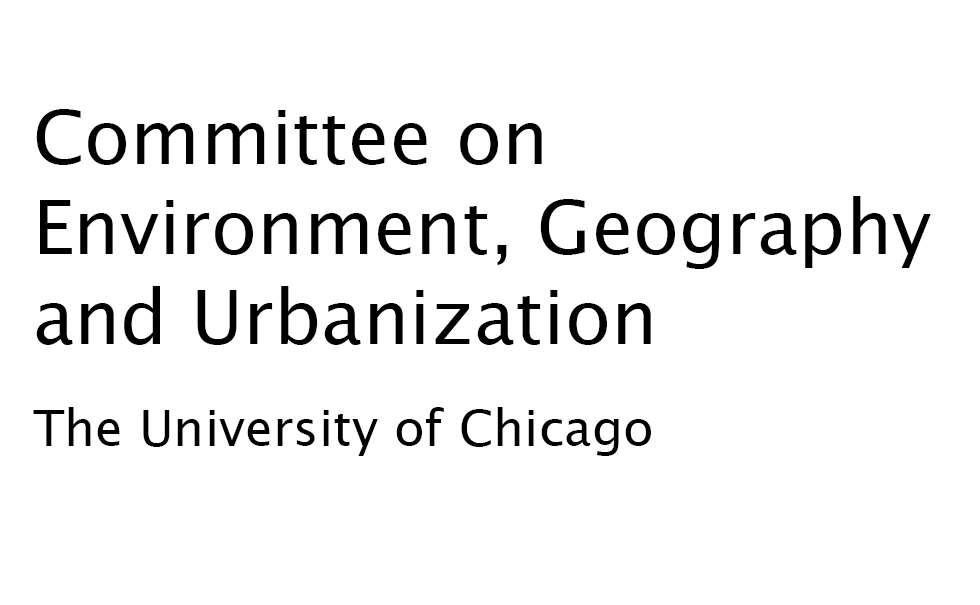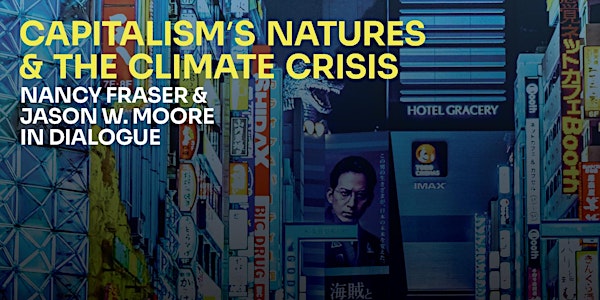Friday, February 10
12:00–1:30pm CT
Room 142, 1155 E. 60th St.
Nancy Fraser, The New School
Jason W. Moore, Binghamton University
Aaron Jakes, University of Chicago (moderator)
In this public dialogue, two of the leading social theorists of our time discuss the origins, manifestations and consequences of environmental crisis on our rapidly warming planet.
Over the last decade, political theorist Nancy Fraser and historical geographer Jason W. Moore have been among the most influential and systematic proponents of the claim that contemporary environmental emergencies are best understood in relation to—and as a direct expression of—capitalism’s underlying crisis-tendencies. On this understanding, the accumulation of capital is not simply a social or economic process that engenders damaging ecological effects. Rather, capital is itself a way of organizing nature, and thus environmental disasters such as global warming and biodiversity loss reflect its systematic devaluation or “cheapening” of the entire planetary web of life in both human and nonhuman forms. These operations are obscured, they argue, in dominant market-centric and technoscientific discourses, which treat nature as an exterior parameter or infinitely renewable resource supply for human consumption. In contrast, Fraser and Moore seek to draw attention to the “hidden abodes” of human and nonhuman reproductive work that support the operations of capital, and indeed, life itself on planet earth.
Moore and Fraser have been developing closely parallel lines of argument and discussing each other’s work for quite some time. In this conversation, moderated Professor Aaron Jakes of the Department of History, these eminent scholars will share the stage to consider what their respective approaches to an account of “capitalism’s natures” might offer to scholarship on the climate crisis, and to ongoing struggles to create more equitable, democratic, and livable ways of organizing our shared planetary existence.
—
Please note, this event will take place in person only. A recording will be made available shortly afterwards.
—
Based in the Division of Social Sciences at the University of Chicago, the Committee on Environment, Geography and Urbanization (CEGU) is an interdisciplinary platform for critical thinking, advanced research, and innovative pedagogy on the societal and spatial dimensions of climate change, biodiversity loss, and other kinds of environmental transformation.
Key fields of research and pedagogy include urban environmental studies and sustainable urbanism; energy histories and geographies; environmental humanities; spatial and environmental media; environmental policy, design and practice; and community engagement.
Further event listings can be found at cegu.uchicago.edu.


